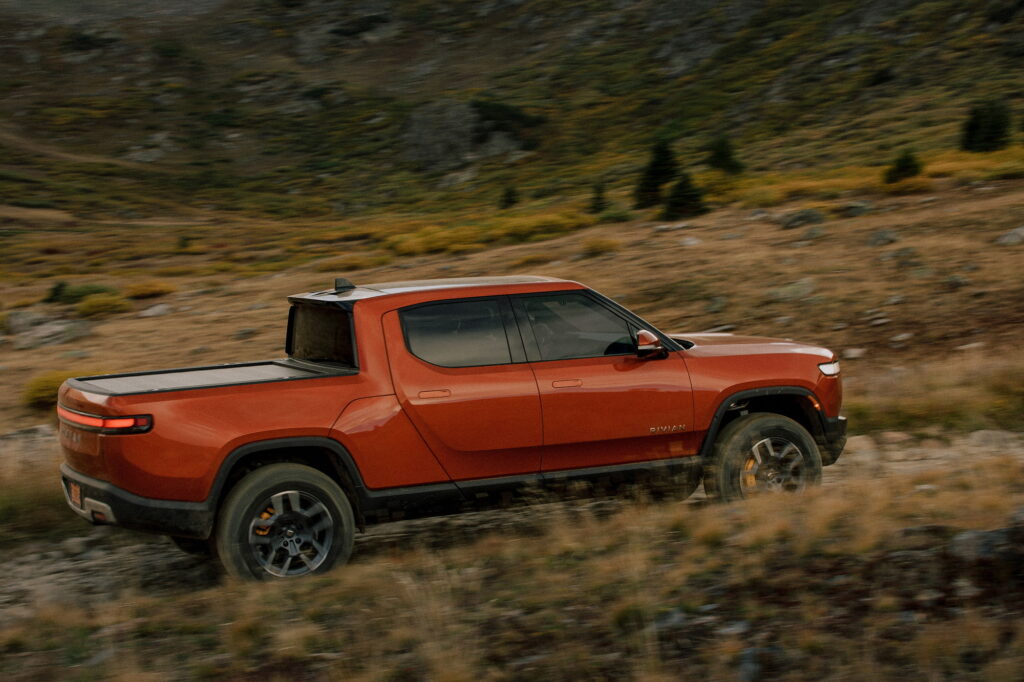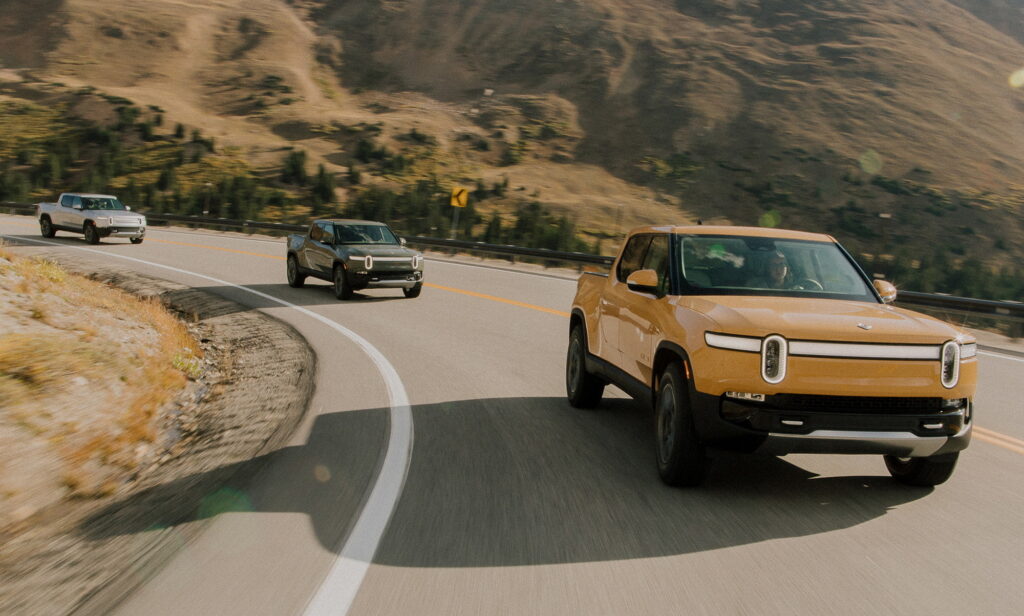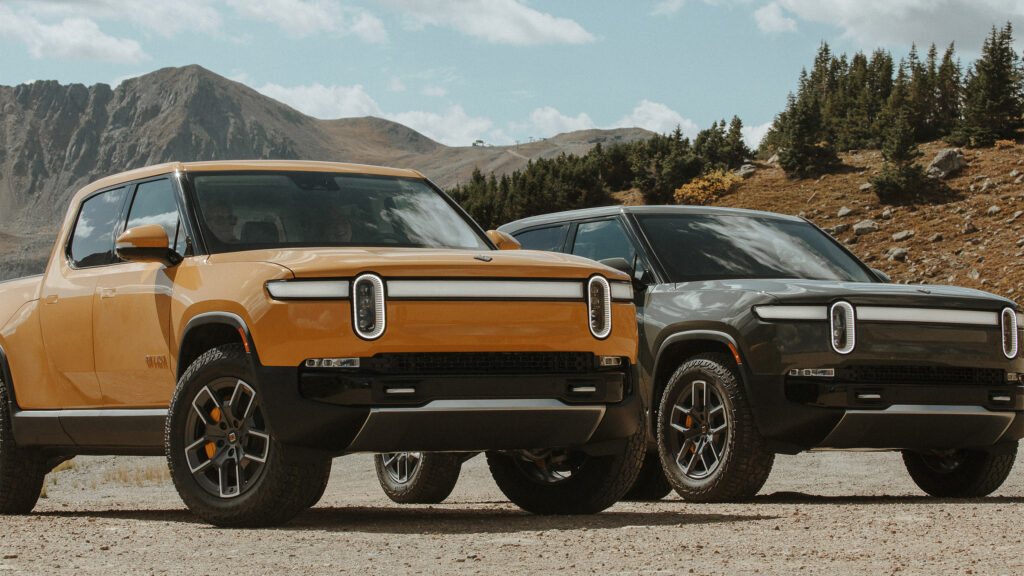The chief executive of Rivian sees electric vehicles as the only viable way forward and believes that combustion-powered vehicles will quickly become a relic of the past.
As one of the early movers in the EV space, Rivian has been able to develop, manufacture, and start selling two of the most well-rounded EVs on the market, the R1T and R1S, while many legacy carmakers were still fumbling around trying to get in on the action. While the R1T and R1S remain expensive vehicles only for those will lots of disposable cash, Rivian’s forthcoming range of more-affordable ‘R2’ models will expand its reach.
“We hope that the R2 platform helps pull a lot of customers across that jump where I want to spend $45,000 or $40,000 in a vehicle,” RJ Scaringe told HeatMap in a recent interview. “It needs to fit my life. So it’s my kids, my pets, my gear — it needs to be able to go places and get dirty and go down a rough road. Our brand fits that so well, but today, a lot of customers just can’t afford it, or don’t want to spend $70,000-plus, so that’s where R2 comes in.”

Rivian intends on launching the R2 range at the beginning of 2026 and will build it at its planned site in Atlanta, Georgia. The year 2026 seems like a long time into the future but Scaringe says demand for EVs will really soar towards the end of this decade, meaning it will arrive just at the right time.
Read: Rivian R2 SUV To Be Priced From $40,000 To $60,000, We’ll Get Our First Look In 2024
“This swing [to EVs] is nonlinear because once you get to that point, whether you’re thinking about residual value, or just thinking about standing out as, like, the weird person who still drives a combustion-powered vehicle, it’s just gonna swing really fast,” he said. “I think the anticipation…is leading people to say ‘I don’t want to be buying a relic of the past’.”
“I think the reality of buying a combustion-powered vehicle, in light of the policy that’s coming, is sort of like building a horse barn in 1910,” he added. “Like, imagine buying a Chevy Suburban in 2030. Like, what are you going to do with that, right? In 10 years? Yeah, like gas stations will be slowly disappearing. It’s just weird.”




